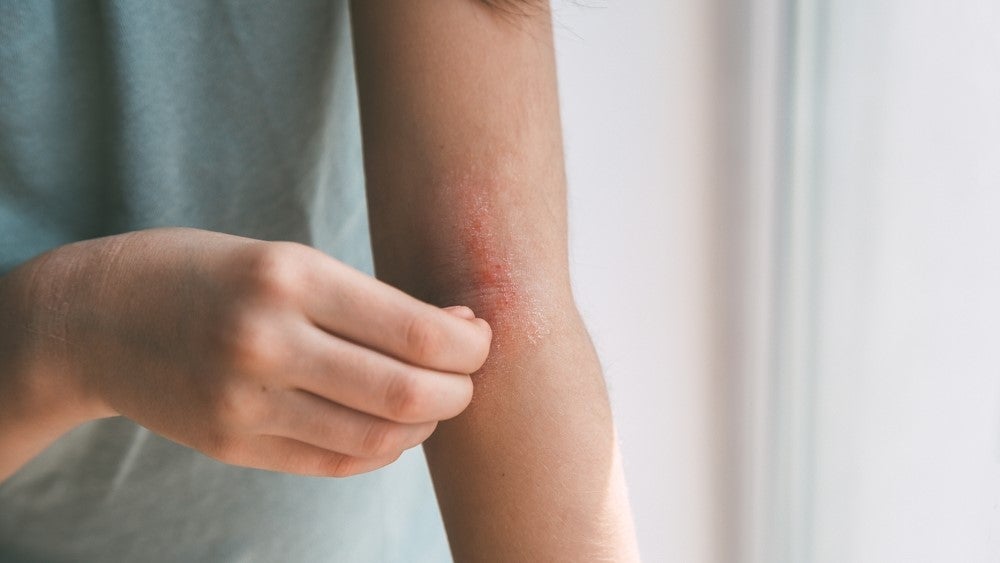Union Therapeutics is looking to advance its PDE4 inhibitor, orismilast, into a Phase III clinical trial for atopic dermatitis (AD) following positive results from a Phase IIb study for the therapy in the indication.
The company is investigating orismilast for multiple dermatological and inflammatory indications, including psoriasis, hidradenitis suppurativa, and ulcerative colitis.
Union plans to start a Phase III trial for the therapy in AD once the US Food and Drug Administration (FDA) approves the trial design at an end-of-Phase II meeting. The results from the dose-ranging Phase IIb ADESOS trial (NCT05469464) were presented at the European Academy of Dermatology and Venerology (EADV) 2024 Congress taking place from 25 to 28 September in Amsterdam, Netherlands.
"The results from the ADESOS study with orismilast in AD follows positive readouts in psoriasis and hidradenitis suppurativa confirming the potential of orismilast as a safe oral treatment option across immunology," said Kim Kjøller, co-CEO of Union.
Orismilast is a phosphodiesterase-4 (PDE4) inhibitor, which impacts multiple inflammatory mediators causing a pro-inflammatory effect. In 2021, Union licensed out the development and marketing rights to the therapy in China to Innovent Biogics in a deal worth more than $267m.
The Phase IIb ADESOS study enrolled 233 patients with moderate to severe atopic dermatitis. The patients received either one of the three doses of orismilast - 20mg, 30mg or 40mg - or a placebo. The trial met its primary endpoint by showing a reduction in eczema area and severity index (ESAI) at 16 weeks. The participants in 20, 30, and 40mg orismilast groups achieved a mean percentage reduction in ESAI of -55.1%, -52.2%, -61.4%, respectively, compared to the -50.4% reduction in the placebo group. The company cited high disease severity at baseline, with a mean ESAI of 23, as the reason for the high ESAI placebo response.
The study also met its secondary endpoint of scoring a clear (0) or almost clear (1) response in the Investigator Global Assessment for AD (IGA-AD) at 16 weeks. The 26.3%, 24.3%, and 30.9% participants in 20mg, 30mg, and 40mg orismilast groups achieved 0/1 scores in IGA-AD, compared to 9.5% in the placebo group.
The company also noted that treatment groups showed a reduction in CCL17/thymus and activation-regulated chemokine (TARC) skin levels, a biomarker of AD, with “end of treatment levels approaching those of non-lesional skin”.
The orismilast groups also observed a four or more-point reduction in the itch numerical rating scale (NRS) two weeks following treatment. The common treatment-associated adverse effects were diarrhoea, nausea and headache.









